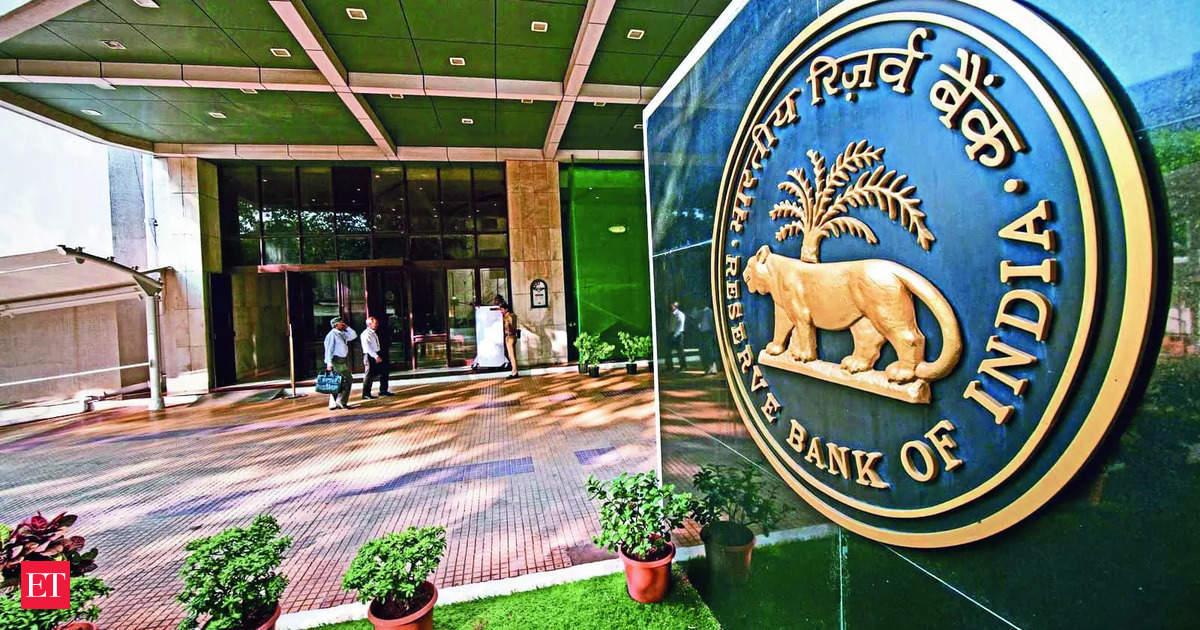Now Reading: Space Dept Faces Scrutiny for Dropped Fibre Project
-
01
Space Dept Faces Scrutiny for Dropped Fibre Project
Space Dept Faces Scrutiny for Dropped Fibre Project

Quick Summary
- The Vikram Sarabhai Space Centre (VSSC) and National Aerospace Laboratories (NAL) collaborated in 2006 on developing T800, a high-strength carbon fibre for space launch vehicles.
- The project faced delays, extensions until 2015, and was eventually terminated in 2019 after spending ₹4 crore without producing the required output.
- NAL achieved only 80% of the target strength for T800; additional investments of ₹7 crore were assessed too be necessary but were not pursued.
- Shifted geopolitical dynamics: ISRO was removed from the restricted list by global suppliers in 2019, alleviating supply risks but highlighting ongoing vulnerabilities to embargoes.
- A parliamentary committee criticised inadequate planning by VSSC and NAL’s capacity shortcomings. It flagged a lack of exit strategies or recovery clauses that prolonged inefficiencies and wasted funds.
- PAC recommended reassessment of India’s strategic material requirements for long-term security through indigenous development.
Indian Opinion Analysis
The abandonment of the T800 carbon fibre development project raises substantive questions about India’s preparedness for technological self-reliance, notably regarding critical raw materials with strategic implications. While ISRO’s removal from global restrictions eased immediate supply issues, reliance on external suppliers is inherently risky amid shifting geopolitical tensions. The pursuit of indigenous capabilities remains essential to mitigate future export clearance concerns.
The criticism from PAC highlights broader inefficiencies-poor planning, unrealistic goals despite known capability gaps at NAL during project initiation, poorly drafted agreements without recovery mechanisms-all contributing to wasted resources and time loss. These deficiencies underscore systemic weaknesses that may affect other cutting-edge projects if left unaddressed.
For India’s aspiration as a space-power leader, robust policies ensuring focused execution of technology projects are indispensable. Balancing cost-efficiency with resilience against international disruptions should shape future decisions concerning critical materials.

























